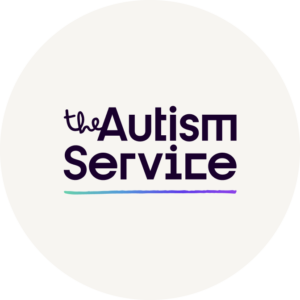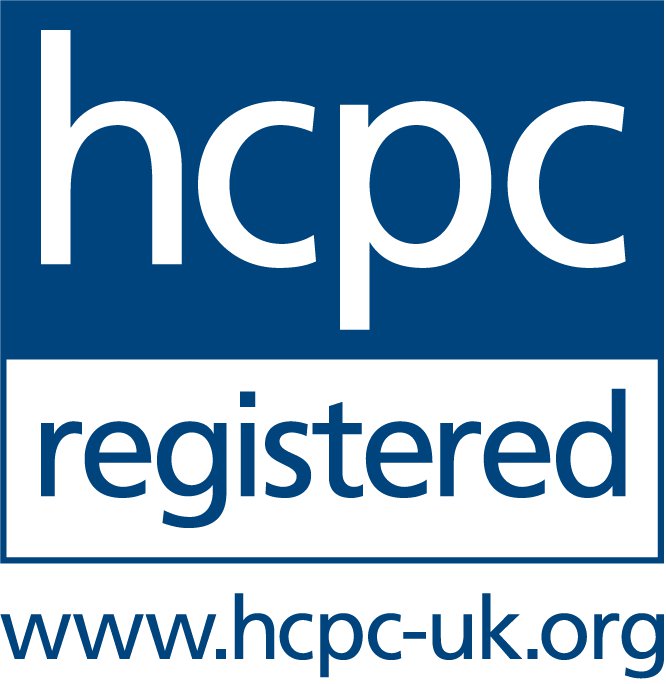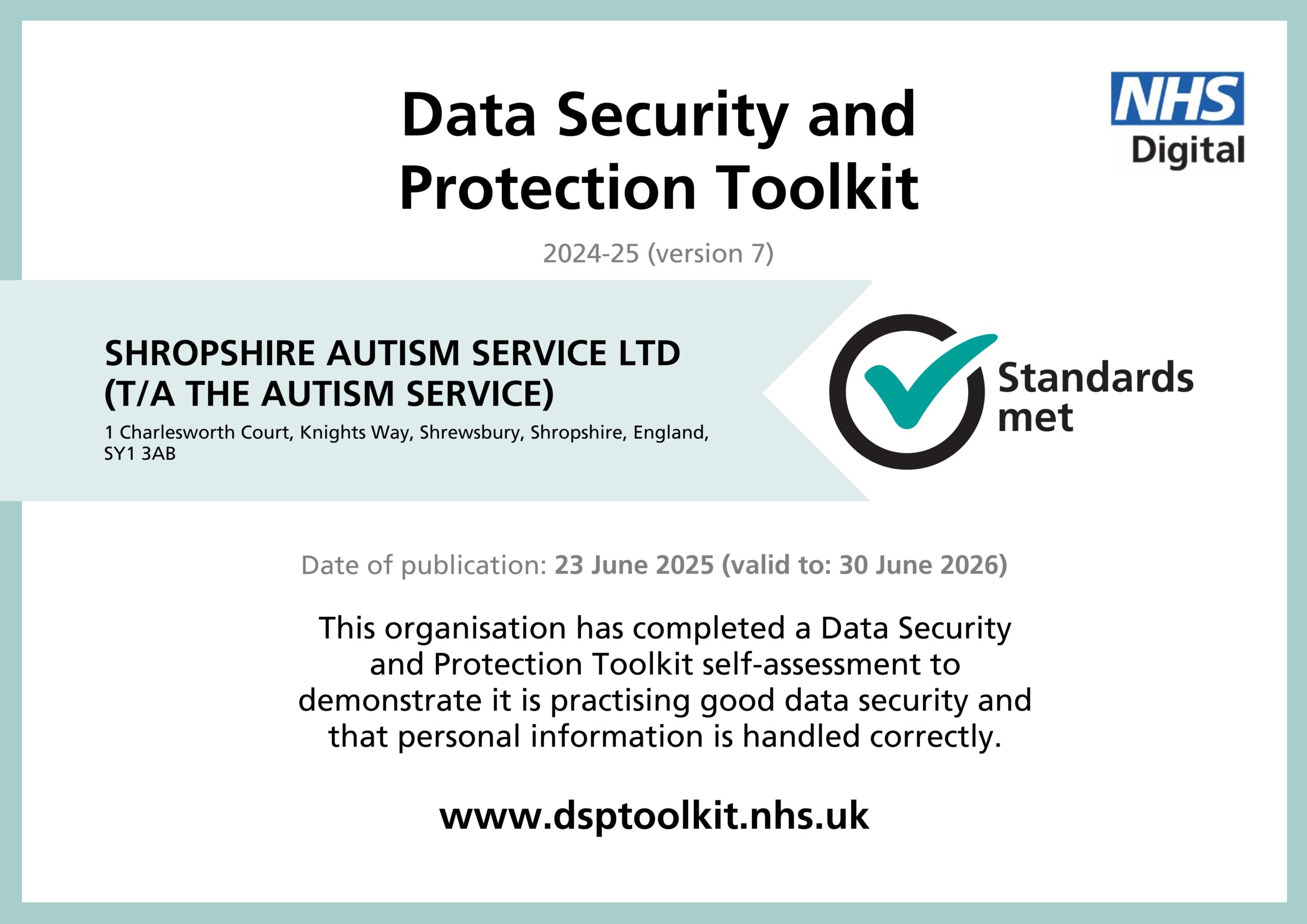Adult ADHD Assessment
When you are worried that ADHD is underpinning your difficulties.
Full assessment cost £1,750
Includes a report recognised by public agencies.

ADHD often has an impact on performance at school, in the workplace and at home. If you think you may have ADHD, understanding this impact via an assessment can help you manage symptoms and emotions, allowing you to live without the associated difficulties.
At The Autism Service, we understand that ADHD can be difficult to navigate. Our specialised face-to-face assessments are designed to identify ADHD in people of all ages so that you can get the support you need to thrive. Our diagnostic assessments are of the standard completed by the NHS that looks at whether ADHD explains your presentation.
Signs and symptoms of ADHD in adults
ADHD affects how people of all ages behave. Usually, signs of ADHD become apparent in early childhood but experiences often change as you get older.
An adult with difficulties with their attention will struggle with ‘life admin’ – they may miss paying bills, forget appointments, overlook work deadlines and lose important belongings. They often appear ‘chaotic’ and ‘disorganised’ and this can often result in difficulties in the workplace resulting in disciplinaries, or in their relationships with friends or their spouse.
It’s important to also understand that although symptoms can often present, many cases go undiagnosed through adolescence and into adulthood.
A diagnosis can help you understand more about yourself and provide an answer to ‘why’ you may find certain things more difficult.
Common signs of ADHD in adults include:
- Impulsiveness & disorganisation
- Problems prioritising & focusing
- Bad time management
- Difficulty multitasking
- Excessive restlessness
- Low frustration tolerance
- Regular mood swings
- A shortened temper
Benefits of taking a private adult ADHD assessment
Have you waited months to get an ADHD diagnosis? A private ADHD assessment can reduce the time spent waiting to find out whether you have ADHD or not. Here’s some of the benefits:
- Provides a robust diagnosis that enables you to get the therapies and support needed to help better understand yourself
- You’ll understand which medications are available and their suitability (please note we are a diagnosis only service and do not prescribe medication, this would be done separately)
1. Pre-assessment pack
2. Clinical interview (ACE+)
3. QbTest
4. Feedback and the written report
What to expect from your assessment
Our assessments are fully NICE guideline compliant diagnostics that tells you if you have ADHD or not. They are typically made up of the following steps:
- Pre-assessment pack
- Clinical interview (ACE+)
- QbTest
- Feedback and the written report

Step 1. Pre-assessment pack
Once you have booked an ADHD assessment, we will send you a pre-assessment pack which enables us to gather the initial information we need. Ideally, someone who has known you a long time (preferably a parent, but this could also be a sibling, long-time friend, partner, or employer) would support you in responding to the questions, as some will relate to your early development and educational history.

2. Clinical interview (ACE+)
The ACE+ is an interview completed virtually, during which you’ll talk to your lead clinician. Ideally, you’d have an informant with you who can share information with the clinician from their point of view. Where a parent can act as an informant, this is always preferential, but otherwise it can be someone who knows you well.
In the absence of someone who can discuss whether your symptoms were present during childhood, sharing additional documents such as school reports or job performance reviews can help the clinician understand the perspective of others who know you.

3. QbTest
You will be invited into your nearest clinic for a QbTest, which is a computerised assessment focused on activity, attention and impulsivity. You’ll be asked to wear a motion tracking system (infrared camera and head-band) to measure your activity during the test, and then you’ll push a responder button when you see a certain symbol or set of symbols on the computer screen.
The results of the test are completely objective, providing data that your lead clinician can compare with the results of your peers to help them make a diagnostic decision.

4. Feedback and the written report
All of the information from the pre-assessment, ACE+ interview and QbTest will be gathered together by your lead clinician so they can write a report and make a diagnostic decision. This will be discussed during your virtual feedback appointment, where you’ll have the opportunity to ask any questions you have.
If the clinician does not make a diagnosis of ADHD, they may make suggestions about what your next steps might be – please be advised they will never make an alternative diagnosis, but instead will seek to advise you about any other assessments or support you could access from alternative healthcare providers.
Please note, if you request any additional meetings or documentation to that outlined above, this will be subject to an additional charge.
What does a quality assessment look like?
Key indicators for a high-quality assessment as per NICE guidance (national healthcare guidance) include:
- The clinicians are registered with a professional body that has statutory powers (such as the HCPC, NMC or GMC), meaning there are standards they must follow when working with you, and if they do not meet these standards, they could be stopped from working.
- A psychologist, paediatrician or psychiatrist should be part of the team and have previous training and experience working with children and young people.
- Information should be obtained from multiple sources including interview and observational data. Standardised structured assessment tools such as the ACE and ACE+ should be used.
- Informants are a crucial part of the assessment process. For adults, it is ideal to have a parent who can report on childhood symptoms, but if this is not possible then input from another family member, partner, employer or good friend is required. Wherever possible, clinical interviews should be supplemented with collateral information such as reports from school or occupational appraisals/performance reviews.
Meet some of our other clinicians
Adult ADHD Assessment FAQs
The fee for an adult ADHD assessment with The Autism Service is £1750. The assessment is compliant with national healthcare guidance on the diagnosis of ADHD, uses highly skilled and experienced clinicians, as well as award-winning technology in the form of the QbTest; a computer-based test that goes beyond traditional questionnaire measures to give objective data about your inattention, impulsivity and hyperactivity.
We are an assessment and diagnosis only service and as such do not offer intervention, therapy or medication. Whilst medication is not the only treatment option for ADHD (psychological therapy is recommended too), it can be very effective and make a huge difference to people’s lives. You will need to obtain a referral to a psychiatrist, either via your GP and the NHS or via a private company, for a consultation to discuss medication. If you see a psychiatrist privately, you will need to pay for their time, follow-up appointments, and the medication. Please note that decisions about medication are entirely separate to our assessment and any prescribing will be at the discretion of the psychiatrist. It is reasonable to expect that the psychiatrist will need to complete their own checks before making a decision about your suitability for medication; our assessment does not, for example, involve a medical assessment and this is required before commencing treatment. This would be the same if, for example, we diagnosed depression and you went to your GP to discuss starting antidepressants. We expect that the psychiatrist will read our report and due to the robust nature of our assessment, the provision of this report should shorten the process for you. We can liaise with the psychiatrist about your assessment and outcome if required.
The QbTest that we use as part of our ADHD assessment pathway compares a person’s results with a group of people the same age and gender. This is called normative data and this data is currently only available for people aged six to 60. We are therefore not able to use the QbTest with people over the age of 60. We can, however, propose an alternative if needed following review of self-report and informant information (obtained via interview, questionnaires and written reports). In addition, it is likely that we will ask to complete your ACE+ in person rather than online so that we can get a clear set of observations of you.
We have created an assessment pathway that will provide us with high-quality information to interpret. Therefore, in most cases, the outcome of the assessment is a clear yes you have ADHD or a clear no you do not have ADHD. Occasionally, however, we may have to pause the assessment whilst we wait for more information, for example, information about your mental health. We may also decide that we want to see you again. Any delays will be a clinical decision and in your best interests.
No. We are using assessment tools that are specific to the clinical question being asked – that is, “do I have ADHD?”. The tools are not designed to assess other aspects of development or mental health. Our clinicians are, however, trained and experienced in other presentations, and so whilst they will not be able to diagnose a condition other than ADHD based on this assessment, they will be able to tell you if it would be helpful for you to seek further advice regarding other conditions.
This requires a different type of assessment. Please refer to our combined assessment pathway if you are seeking an ASD and ADHD assessment.

Struggling to know if an assessment would be helpful?
Our online tests have been written by our psychologists and get to the core of what ASD and ADHD are, and what they are not…
More about ADHD
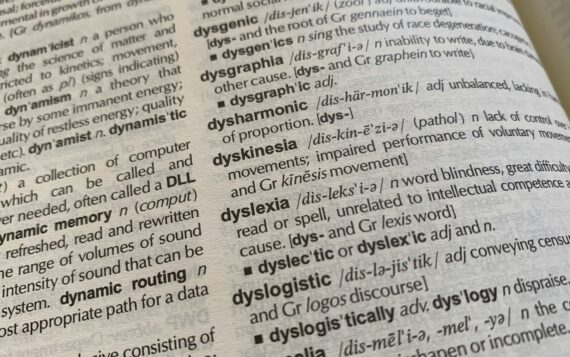
2 Dec, 2022
ADHD and Dyslexia: Similarities & Differences

2 Dec, 2022
ADHD and Dyspraxia: Similarities & Differences

2 Dec, 2022
Guide to supporting children with ADHD and/or Autism in the school holidays

2 Dec, 2022
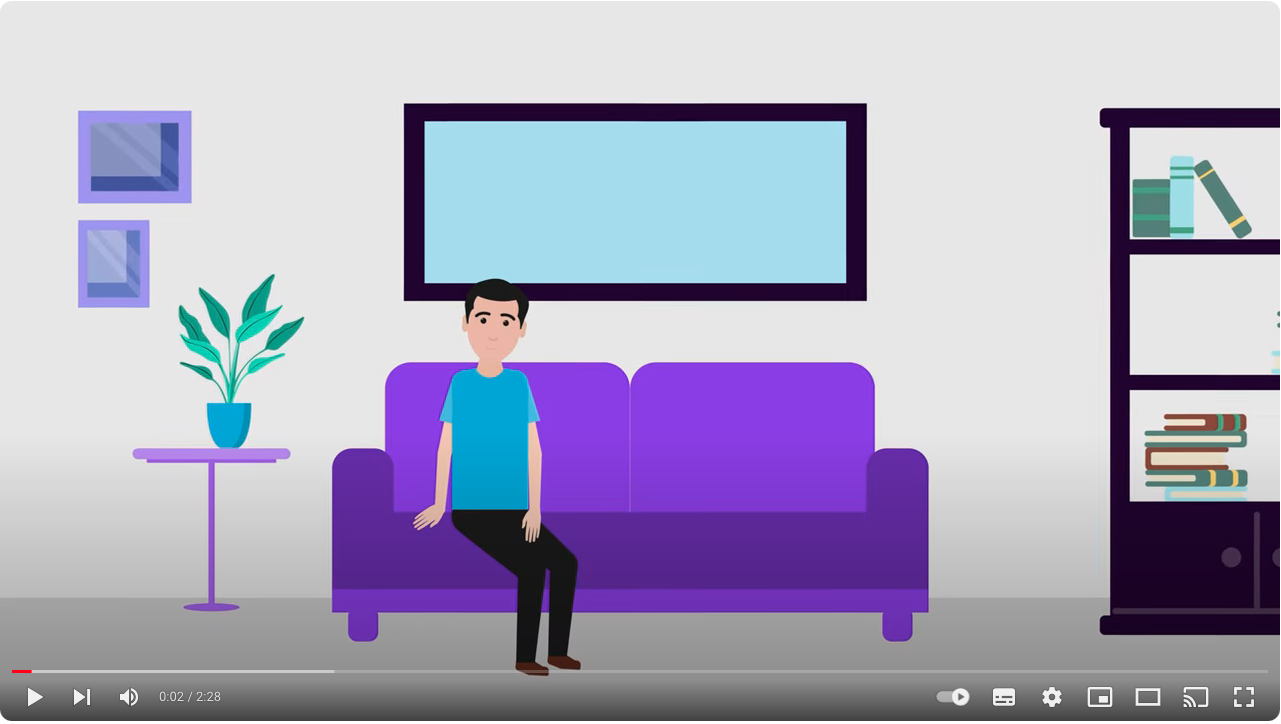 Play Video
Play Video 


